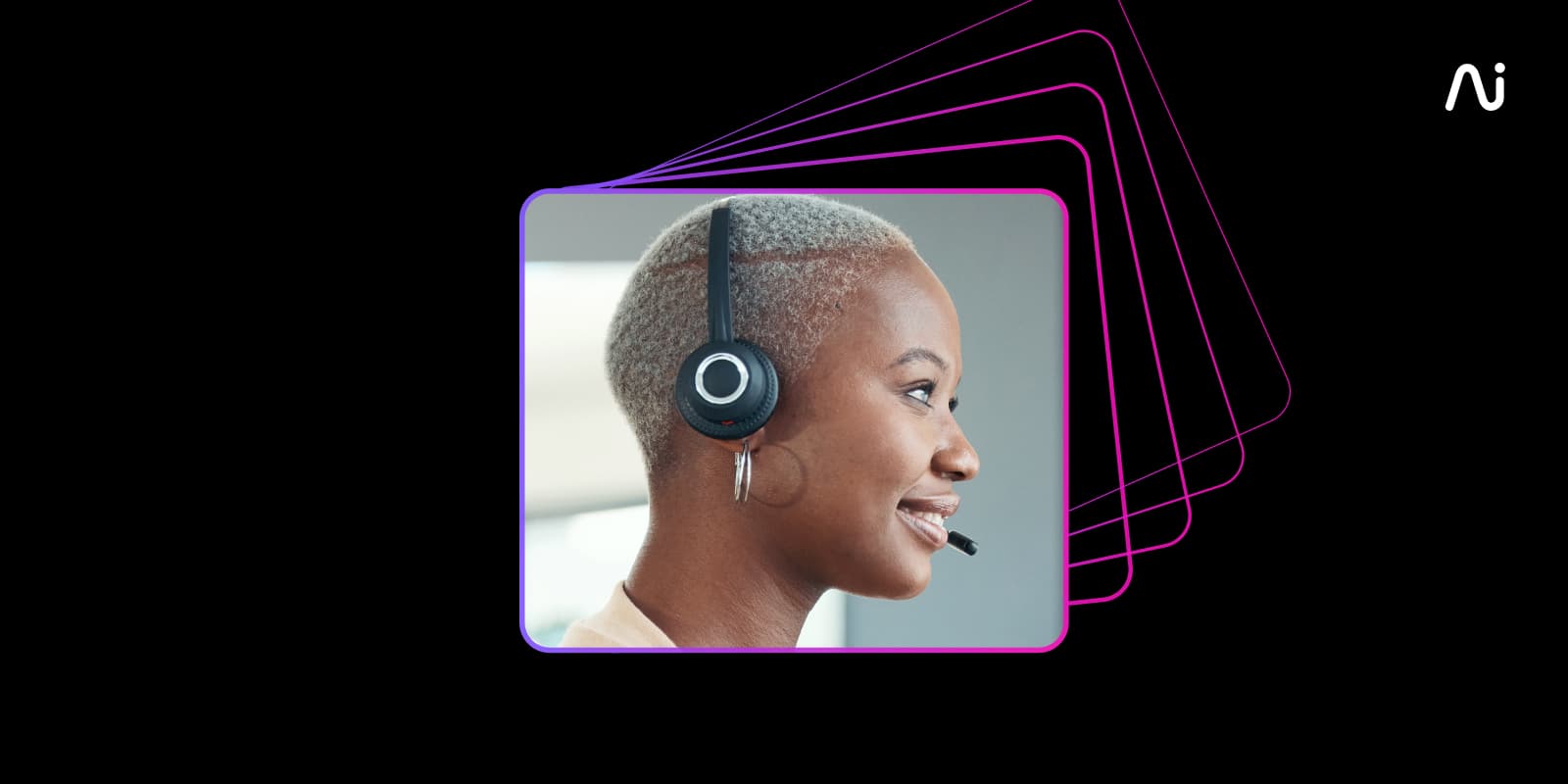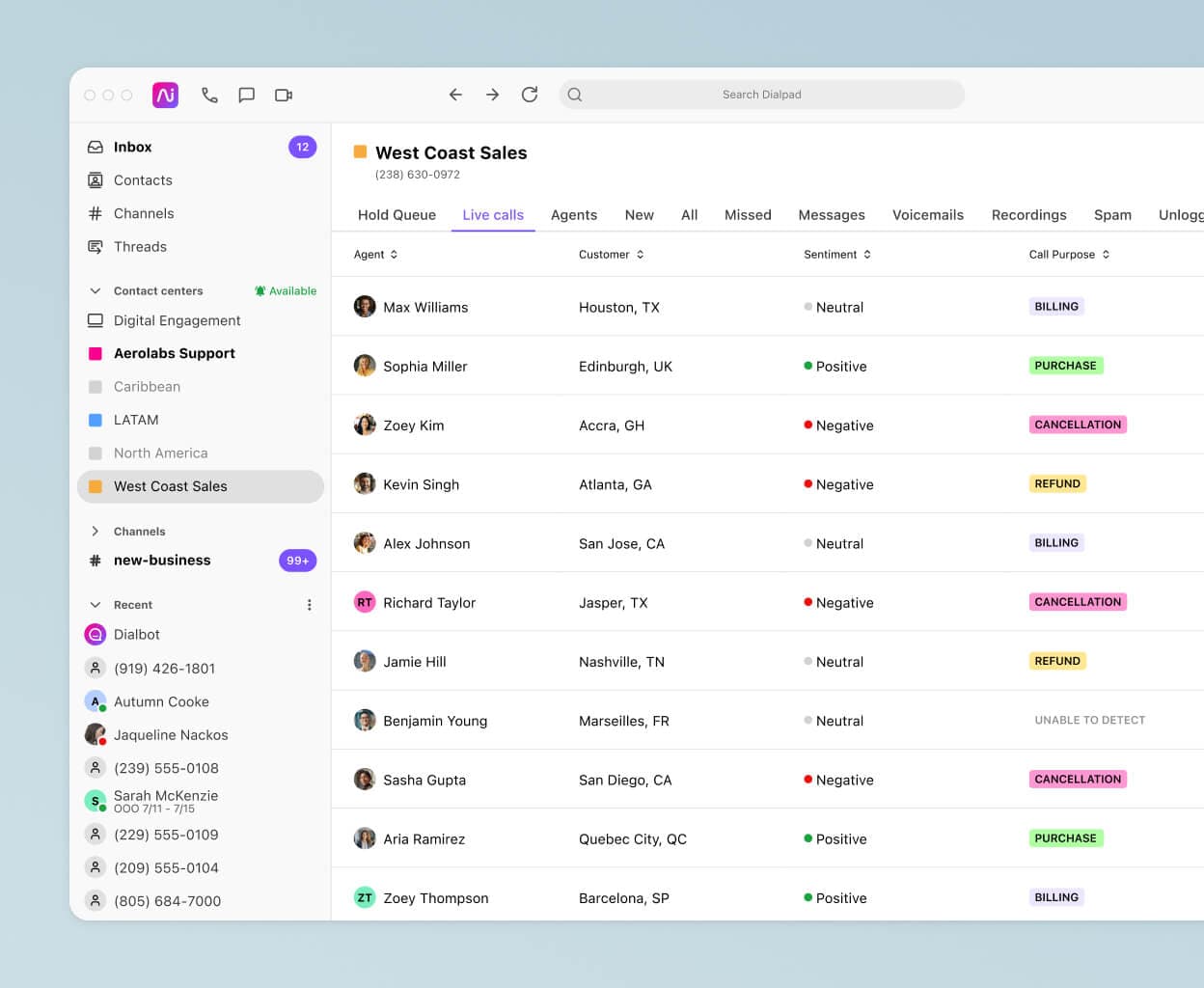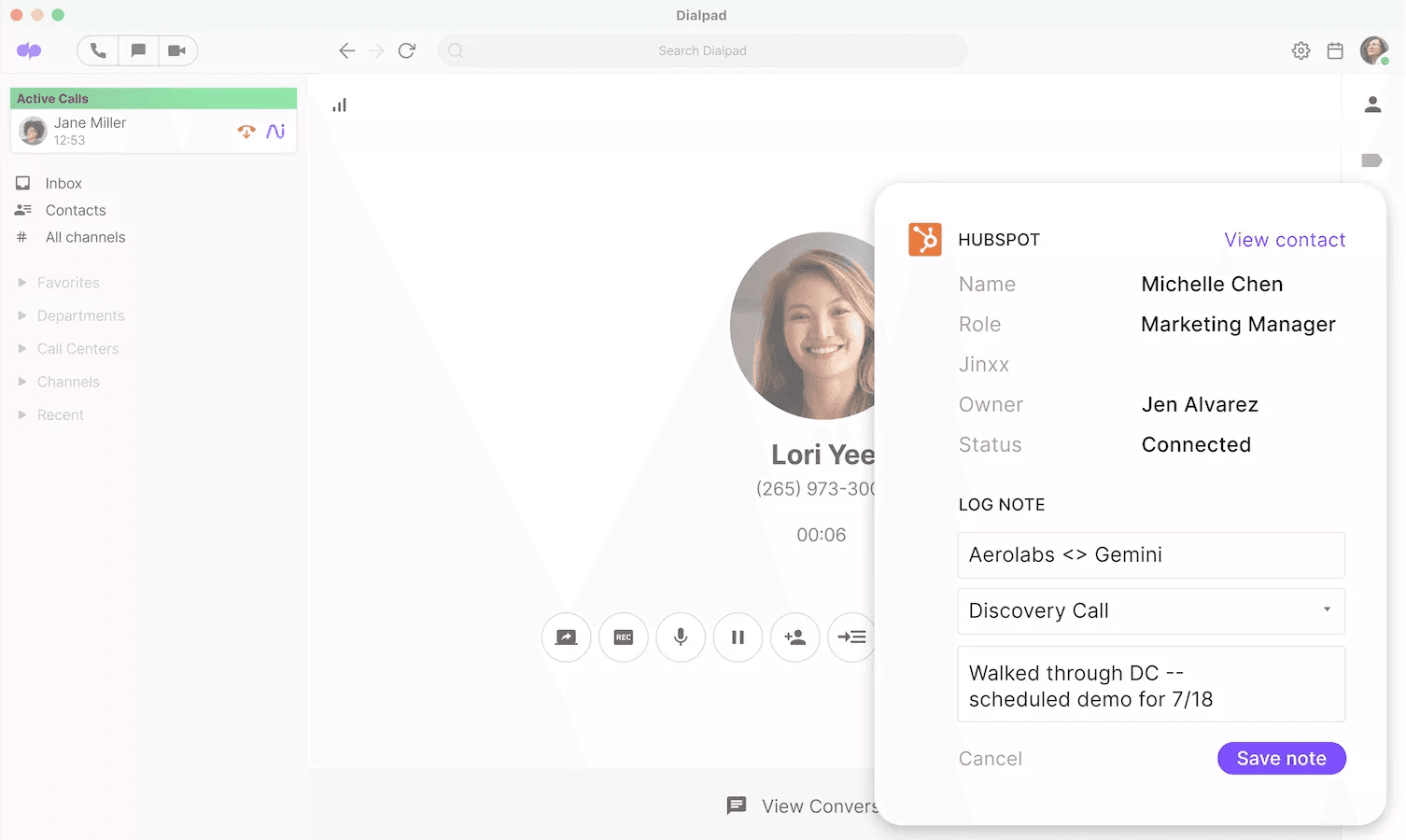How will ChatGPT impact the contact center?

Senior Director, Product Management

Tags
Share
With the popularity of ChatGPT lately, many people are in awe of how this generative AI technology can do things that up until now, we thought only humans can do. For example, writing poems in different styles and providing more nuanced conversational answers instantly.
And while this is all very fun, the more important question for businesses remains: what can ChatGPT do in a business context, realistically? What can it not do?
At this stage, one of the more interesting implications of ChatGPT might be in business areas where we’re already exploring applications of conversational AI. It’s not hard to imagine a ChatGPT-like bot on every company’s website or any channel, ready to answer any questions from customers and prospects in a friendly way—like you’re chatting with another person.
Having built a conversational AI platform, and having worked with many business customers that manage contact center teams, I think there’s much to be said about what we can—or should—expect from ChatGPT, at least in the near future.
In this article, we’ll walk through some of the key possibilities and limitations that ChatGPT, and generative AI in general, will likely have on contact center operations. From there, we’ll look at how we can prepare for—and also use—artificial intelligence to truly empower both agents and supervisors.
First things first
The potential of AI in contact centers is becoming increasingly attractive to contact center leaders. However… We’re still very much in the early days, and most businesses haven’t even begun to scratch the surface of what’s possible with contact center AI in general, let alone generative AI.
For example, what percentage of contact center teams are using AI to transcribe their customer calls in real time? To analyze the sentiment of calls (also in real time)? Or track keyword mentions (like how often competitor names or things like “pricing” are brought up)?

These are all things that AI solutions (like Dialpad Support) can already do quite well, as more and more businesses are considering how they can include AI in their operations.
What ChatGPT does well
Even though ChatGPT is in its infancy, we do know that it can do a few things well.
It uses large amounts of data, including text, then with written commands from you, is able to return human-like answers in the style and format of your request with what seems like reasoning (the reasoning is not always correct, but is very convincing).
What this means for generative AI in contact centers
If you apply this to the contact center, there are a number of possibilities, but here are two ways you could use generative AI:
Allow a generative model to “write” answers or enable automations for a conversational chatbot (customer-facing)
Allow a generative model to “write” Help Center articles. Especially in enterprises where there are large amounts of written text, AI can turn this into more consumable information almost instantly.
👉 Dialpad tip:
All this being said, in all cases, a knowledge manager or admin should review the answers being given to ensure factual accuracy. The benefit of ChatGPT is that it makes interactions more human-like, in less time. The downside is that ChatGPT suffers from what is known as “hallucinations”—basically, it is prone to taking the information you give it and turning it into something that isn’t correct, but sounds convincing. As a result, it’s essential that there is oversight before information is provided to a customer or agent.
Outside of contact centers, in the content generation industry, the use cases for generative AI are already pretty well documented in areas like content marketing (“write me a blog with these quick thoughts”). You still need a person to edit, check for plagiarism, or revise the draft that something like ChatGPT “writes,” mind you, but the potential is there and you can get to a decent first draft rather quickly.
What ChatGPT can’t do right now
There are many, many companies in the business communications and customer intelligence software space that claim they’re “powered by AI.”
And while there’s a vast number of ways in which they can use AI, very few businesses are able to provide transparency or control over the data that their AI is using and/or producing. Many product owners lament how AI is a “black box” and how businesses need to make sure that the knowledge output to customers can be controlled. At the moment, ChatGPT suffers from an extreme version of this—not only can it still make mistakes, but it can also make incorrect claims that sound convincingly true.
💡Fun fact:
We’ve designed Dialpad to let you control that—you can see exactly what data is in the inputs, in a simple, user-friendly way that has the extra benefit of helping the system learn at the same time—relentlessly and effortlessly improving.
The bottom line is, at this point, it is very difficult to justify a contact center or business use case for other large language models (LLMs), if you have no control over the accuracy of the messages being sent to customers via the AI.
If you work at an insurance company, for example, and a customer is asking about their life insurance policy, you can’t afford for ChatGPT to say something that’s not quite right. It’s got to be accurate without a doubt.
Another challenge is businesses and products are constantly changing over time. How do you keep all these systems up to date? Often, you’ll need a large team—it takes a lot of effort, and it can be incredibly time-consuming.
(This is also something that Dialpad is designed to address—more on this in the next section.)
Amongst all the (deserved) excitement, transparency and controllability are in our opinion the most important points, and they are not being talked about at all currently. They should be.
This lack of transparency and controllability, which is mission-critical for every business—but especially so for large and enterprise businesses—is perhaps the biggest weakness of most LLMs.
At the end of the day, businesses want—and need—control over:
their brand,
their voice and tone, and more importantly,
the trustworthiness of their communications to customers
Yes, ChatGPT can make current chatbots sound more human, but there are still improvements to be made around fact-checking and accuracy.
It’s still very much a black box, and very few (if any) businesses will be comfortable with that.
Is ChatGPT out of the question for chatbots in businesses?
No. I’d argue there is definitely a place for generative AI in a business or support chatbot use case.
Shameless plug here: Dialpad takes a different and unique approach to chatbots and self-service, which has resulted in hugely improved business outcomes for our customers.
Not only does Dialpad give businesses complete transparency on their chatbot’s inputs, it also gives them control over the responses their AI gives customers.
Businesses using Dialpad Ai have seen benefits such as a 65% reduction in the amount of effort required to manage their chatbots, while also achieving much better resolution rates for customer issues—with significantly less expense and effort.
From an agent empowerment perspective, we’re also seeing average handle times decrease by as much as 66% for businesses using Dialpad’s Ai Live Coach feature, which automatically searches all linked knowledge sources (including unstructured sources like PDF documents and past customer conversations) for answers to help agents in real time:

Where is contact center AI headed?
As I mentioned earlier, there are many applications of contact center and sales AI (real-time transcriptions, call pops, and so on) that don’t have quite the same issues as generative AI has at this stage.
And the beauty of Dialpad Ai across the board is that it’s constantly learning through the searches and inputs from you, your agents, and customers, gamifying the process to encourage admins to keep the AI and knowledge sources up to date.
For example, it’ll automatically pop up cards that say, “Hey, you’ve got a missing use case here,” or “Looks like you got knowledge in here that's duplicated and you might want to consolidate it." (Yet another feature that gives businesses much more controllability in terms of making sure that they’re always communicating the latest and most accurate information to their customers!)
Long story short: We’re very much aware of the issues of transparency and controllability when it comes to AI, and have implemented features in Dialpad that have solved these challenges—in a way that no other software in our space is doing today.
Want to get a hands-on look at how Dialpad Ai works? Get in touch, and we can show you how!
Get a firsthand look at how Dialpad Ai works
Book a demo, or take a self-guided interactive tour of the app on your own!
